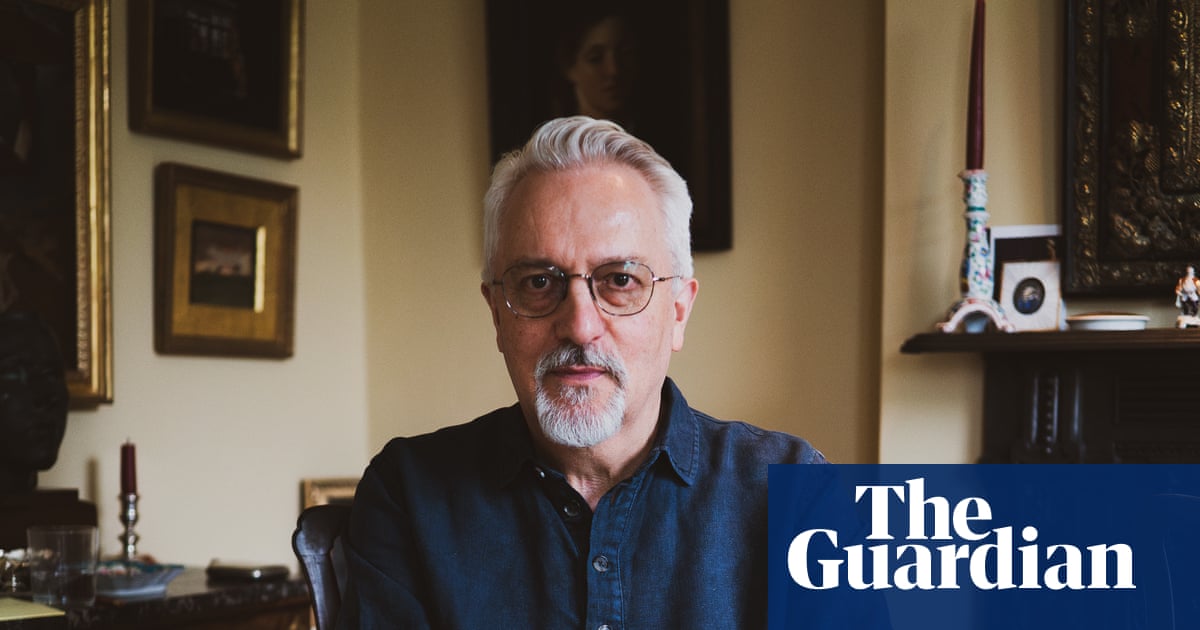Boris Johnson appears to have had a secret meeting with Peter Thiel, the billionaire co-founder of the controversial US data firm Palantir, the year before it was given a role at the heart of the UK’s pandemic response.
A month after entering No 10, Johnson and his senior adviser Dominic Cummings had a meeting with Thiel, leaked files suggest. Johnson is now likely to face questions about whether the non-disclosure amounts to a breach of the ministerial code.
The hour-long afternoon meeting on 28 August 2019 was marked “private” in a log of Johnson’s activities that day and was not subsequently disclosed on the government’s public log of meetings.
It took place in Downing Street on the day Johnson had informed the queen he was proroguing parliament in an effort to push through his Brexit plans, triggering a huge backlash.
The secrecy around Johnson’s encounter with Thiel raises serious questions about how transparent the government’s public log of meetings has been in recent years.
It is unclear why officials did not disclose the meeting between the prime minister, his senior adviser and a tech mogul around the time Thiel’s company was seeking lucrative business with the UK government.
Johnson and Thiel did not respond to repeated requests for comment.
The existence of the meeting is revealed in an official government document contained in the Boris Files, a cache of leaked documents. The files have been seen by the Guardian after they were obtained by the transparency group Distributed Denial of Secrets.
Meetings carried out in an official ministerial capacity have to be disclosed on the public government log but may be exempt if they are considered political relating to party business, or personal with a friend or family.
Thiel is not a donor to the Conservative party and as an American would not be able to give money to UK politics.
That raises questions about the grounds for which the meeting with Thiel was held on a “private” basis, and whether the failure to disclose the meeting could amount to a breach of the transparency requirements outlined in the ministerial code issued by Johnson himself.

Thiel helped fund Donald Trump’s 2016 campaign and has accused the NHS of making people sick as well as claiming the UK has “Stockholm syndrome” when it comes to its affection for the health service. He is soon to embark on a four-part lecture series about the “theology, history, literature and politics of the antichrist”.
Thiel co-founded Palantir, which has origins in the CIA, and he remains a significant shareholder. Palantir has grown to have a huge role within the UK health system since 2020, having worked on Ministry of Defence contracts since 2014.
During the pandemic, Palantir worked for £1 on managing data to help with the NHS’s pandemic response. It was given follow-on contracts worth about £60m and is now embedded in the system, having apparently proved its worth to NHS digital chiefs.
In 2023, it then landed the biggest IT contract ever awarded by the NHS, for a £330m federated data platform to analyse hospital data and patient information.
Palantir’s presence in the health system has raised concerns among privacy campaigners, although the NHS insists the government retains ownership of all data. A spokesperson for Palantir defended the company at the time, saying data privacy and security were “always paramount in all of our work”, from supporting the Covid vaccine rollout to waiting list reductions and developing software to help speed up cancer diagnosis.
Palantir has also come in for criticism in recent months over its supply of technology to the Israel Defense Forces (IDF) and to help Trump’s mass deportation efforts.
Keir Starmer toured Palantir’s Washington office in February with its co-founder and chief executive, Alex Karp.
Contact us about this story
Show
The best public interest journalism relies on first-hand accounts from people in the know.
If you have something to share on this subject you can contact us confidentially using the following methods.
Secure Messaging in the Guardian app
The Guardian app has a tool to send tips about stories. Messages are end to end encrypted and concealed within the routine activity that every Guardian mobile app performs. This prevents an observer from knowing that you are communicating with us at all, let alone what is being said.
If you don't already have the Guardian app, download it (iOS/Android) and go to the menu. Select ‘Secure Messaging’.
SecureDrop, instant messengers, email, telephone and post
If you can safely use the tor network without being observed or monitored you can send messages and documents to the Guardian via our SecureDrop platform.
Finally, our guide at theguardian.com/tips lists several ways to contact us securely, and discusses the pros and cons of each.
Illustration: Guardian Design / Rich Cousins

 1 month ago
48
1 month ago
48

















































